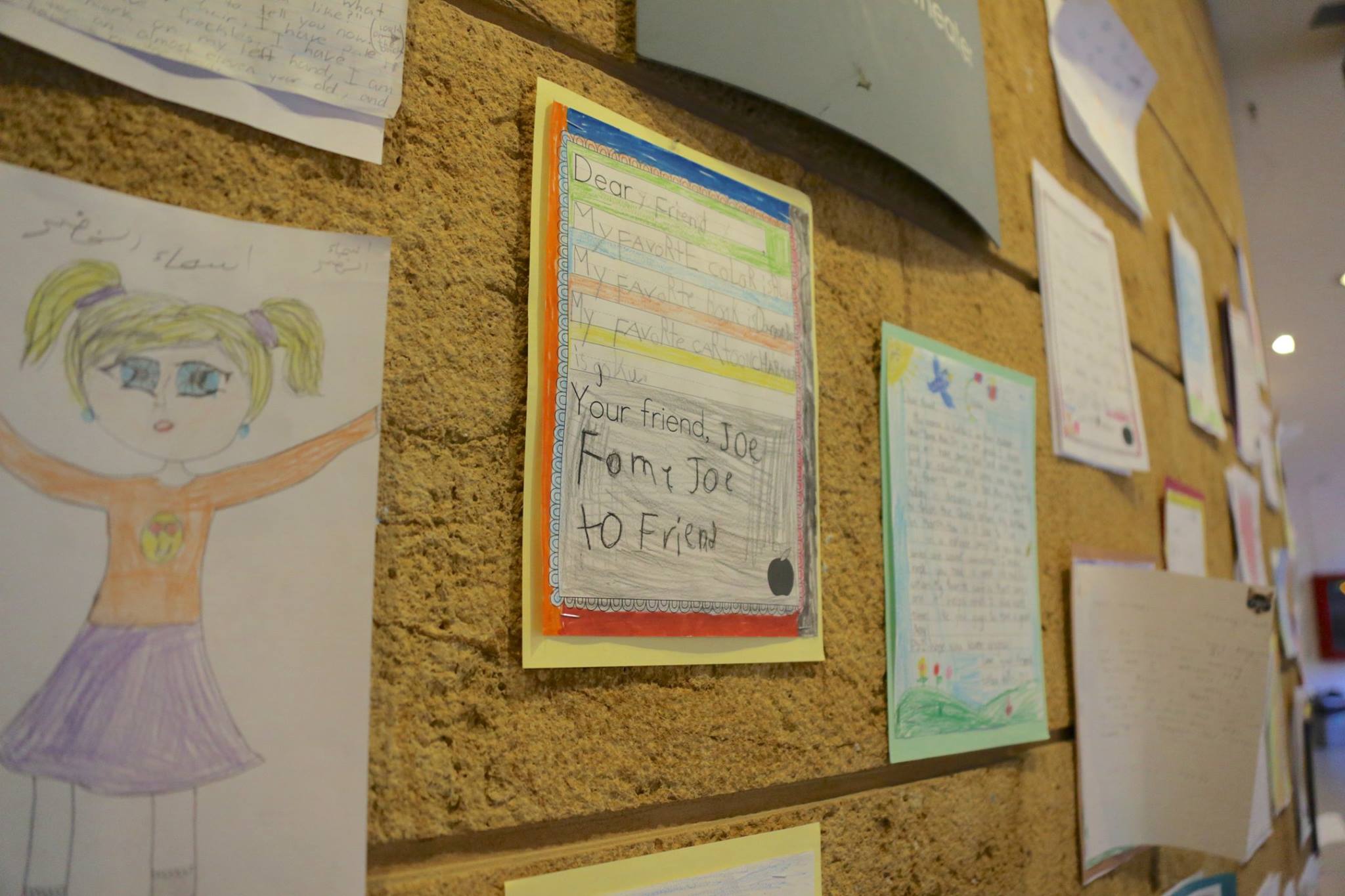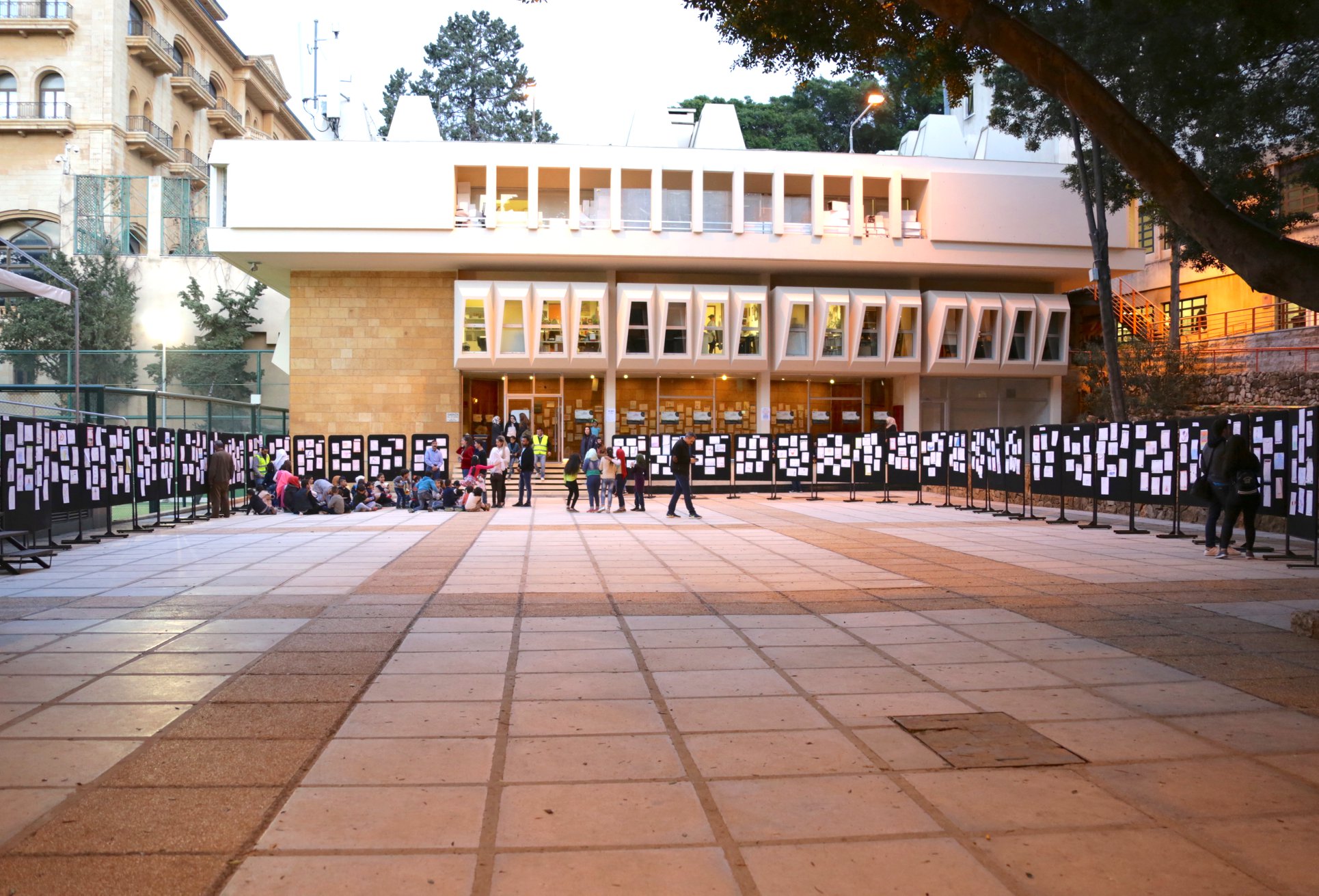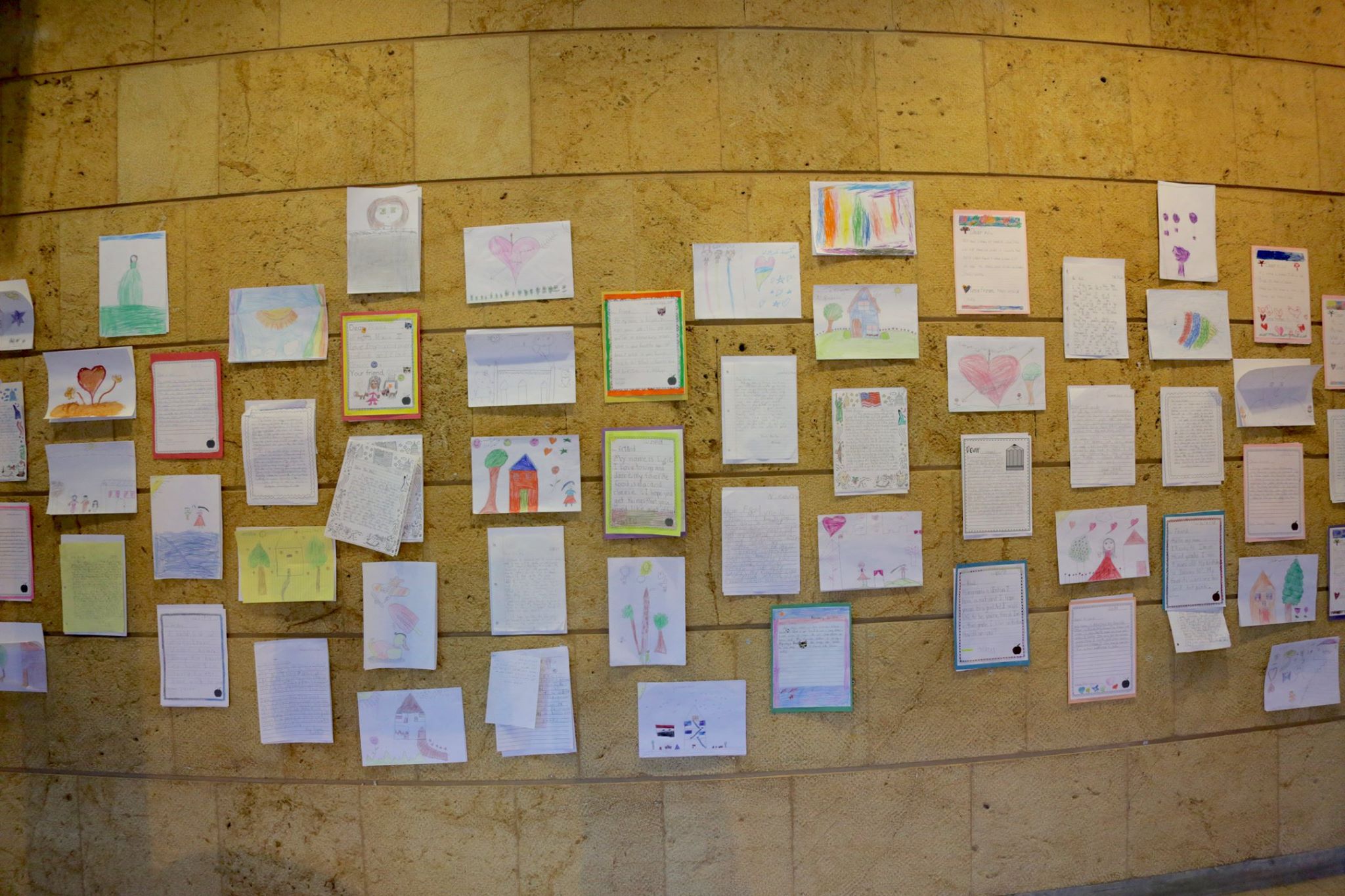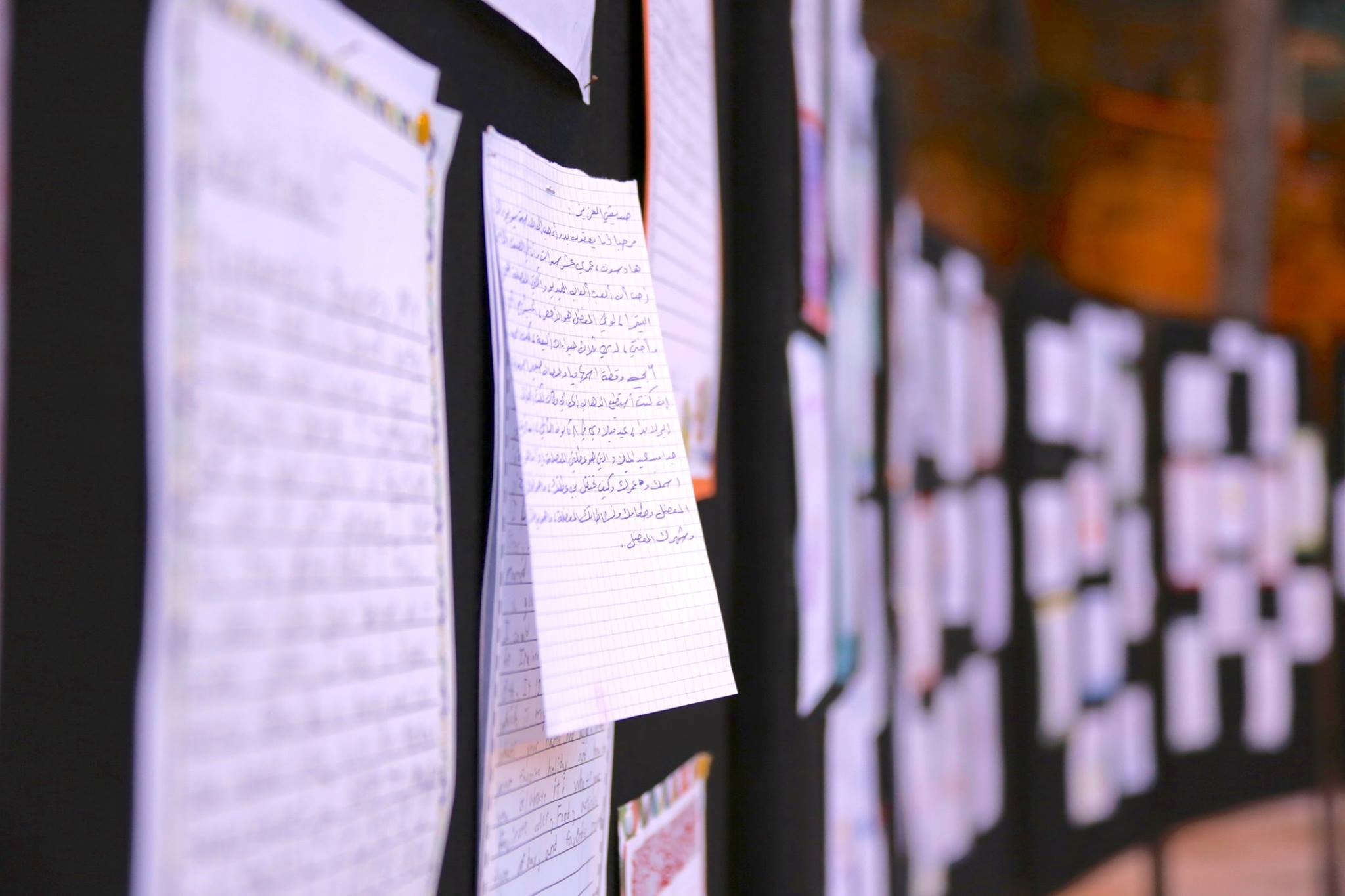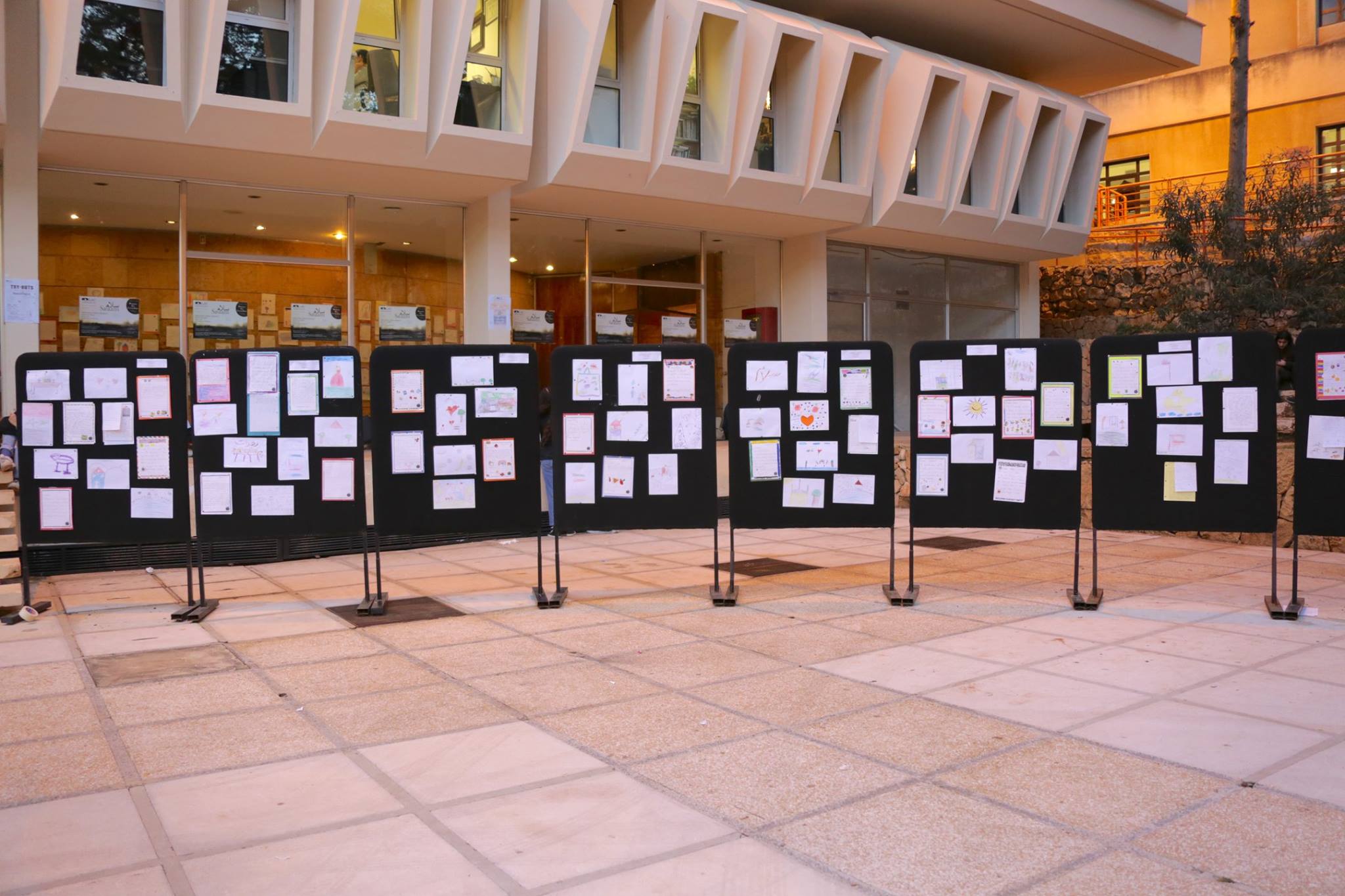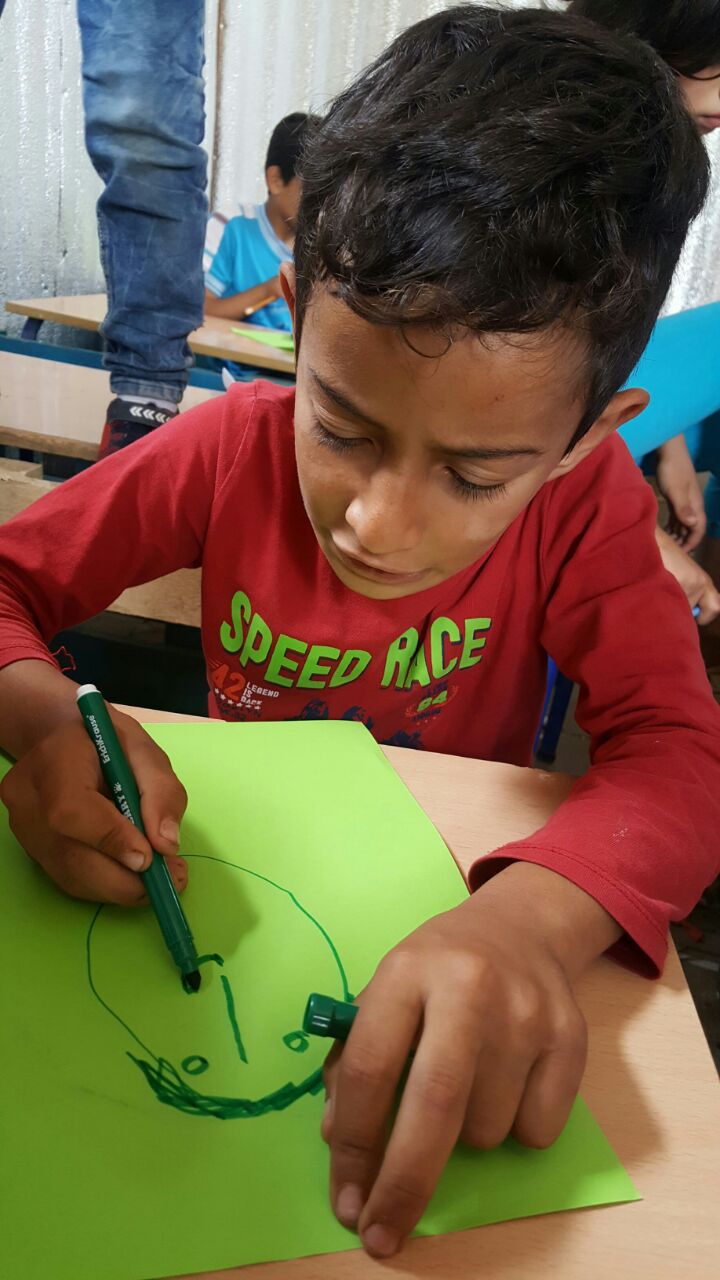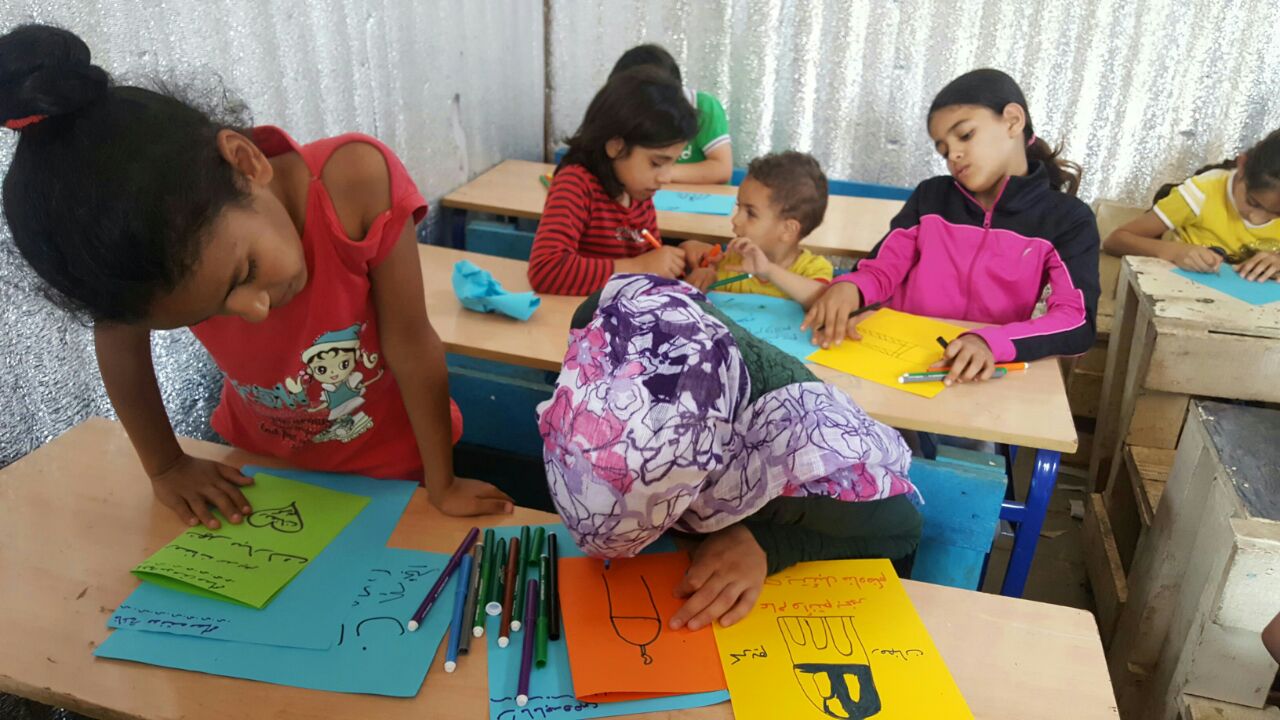HELP SYRIA’S KIDS: SHARING HOPE AND EDUCATION
“Education is the most powerful weapon which you can use to change the world” – Nelson Mandela.
These 19 Global Organizations are redefining food aid. Help Syria's Kids is #10 on this list. We are honored to be presented in the company of these outstanding organizations.
Listen to the interview with Lucas Jedrzejak of the documentary film, KETERMAYA
https://wavefarm.org/archive/grxzt
Thursday, August 3rd 2017
August 16, 2017 by JEANETTE WOLFBERG
Immediate goals include a pen pal program and other connections between American and Ketermaya Syrian children, arranging a show about the situation that took place earlier this month at the Basilica in Hudson, and building an organization to facilitate future projects. “I think the Syrian crisis is very distant to people,” Ms. Gorman said. Nevertheless, “most Americans feel great compassion when they see reports of these suffering refugee children. Our goal is to create a path to turn our compassion into action,” she said, adding, “One goal is to get an education program in place. Through education they can move forward and build a better world.”
Ms. Gorman’s “real world job” is running a technology company to facilitate business-to-business transaction within the fashion industry. She had already traveled overseas extensively when on March 15 this year, at a film festival, she caught a glimpse of a documentary film about Ketermaya, directed by documentary filmmaker Lucas Jedrzejak. “Immediately I felt a subconscious response,” she said. “I was so transformed. I had to go there.” Later at the festival she recognized Mr. Jedrzejak walking by and asked him “to share more about his film.” In the subsequent conversation, the filmmaker revealed that he was going to Ketermaya April 27 and said she could join him. With funds raised with the help of the First Presbyterian Church of Hudson where Ms. Gorman is a member, its minister, Rev. Kathryn Beilke, the Christ Church (Episcopalian), its vicar, Rev. Eileen E. Weglarz, and others, Ms. Gorman traveled to Lebanon between April 27 and May 3.
The Ketermaya encampment is an “informal settlement,” not established by any government or organization, Ms. Gorman said during a conversation at her home in Hudson June 29. Its residents came from Syria “at various stages over the past five years,” some by walking over mountains. At first, “families were living in the street.” But a farmer, Ali Tafesh, “donated a small parcel of his land for the refugees.” He still pays for their food, water, medical care, and some other needs. For this, he gets a few donations, and the rest he pays for himself.
Now the settlement consists of shelters made out of tarps, tent material, particle boards and planks. The refugees built these makeshift homes themselves on the bare land. They sleep on mattresses on the floor. At latest count it had 300 residents, including 58 families: some intact, some missing members, some widows. The 134 children range in age from about one month to 15 years. Some are orphans. Almost all were born in Syria, but a few of the youngest were born in Ketermaya.
Photographs show children dressed like American children, in clothes donated by “good Samaritans.” A generator supplies electricity at certain times of the day. One makeshift building serves as a schoolhouse, with brightly colored plastic chairs. Education consists of interested older children teaching younger children.
But the sanitation and rodent situation are “terrible,” said Ms. Gorman. Toilets consist of 12 portable toilets, six for each gender. Drinking water comes in “huge drums” four times a day. Hoses take it from the vats to the encampment. Even then, it must be boiled before drinking. “We are raising money to install a water tank and sewage system,” she added.
Some mothers showed Ms. Gorman bites on their children’s arms, made by “quite big” rodents that “come out at night.”
With education, one challenge is that in Lebanon, academic subjects are taught in English and French. If the children are to enter Lebanese schools, they need to learn those languages, in addition to reading and writing their native Arabic.
Ms. Gorman said that her most important “takeaway” was the energy of the people and the children. “You can see the bond between the children. They hold each other’s hands. The children are very creative. They make up songs and dances. They thirst for learning. They’re so strong, the children; they’re so courageous. Their resilience is amazing in the face of serious hardships.” At Ketermaya, she sensed, “tremendous peace, light, perseverance, and survival.”
Soon after returning to the U.S., Ms. contacted both the Hudson City School District and the Hudson Muslim Youth Community.
The school district agreed to lead the pen pal program. Literacy specialist Bridget Smith, Hudson Reads founder Lisa Dolan and Superintendent Dr. Maria L. Suttmeier are working with Ms. Gorman to establish it. The first step was a video call and a group letter from some children in the Extended Learning program at Montgomery C. Smith Intermediate School to the Syrian children of Ketermaya. The next step would be individual Syrian children writing back and introducing themselves. Their letters would be translated into English, and each Syrian child would be matched with an American pen pal “at the beginning of the upcoming school year.”
Letters to Lebanon would go to a special post office box Ms. Gorman and volunteers have rented in Lebanon. Letters from Lebanon will be sent to the school.
“It’s important that the letters be handwritten,” Ms. Gorman said, “to express themselves” with each child’s writing/printing style and any pictures they might draw.
Meanwhile, individual children from the Muslim Youth Center made Ramadan cards. “We plan to continue to develop connections between our Hudson Muslim Youth and the children of Ketermaya,” Ms. Gorman said.
“It’s a lot of time and effort,” Ms. Gorman said. “But you can create a positive change in the world. There are people who can improve upon the steps we’ve made. I’m not getting mired in how hard it is. I’m letting light drive decisions and have the courage to pursue it.”
